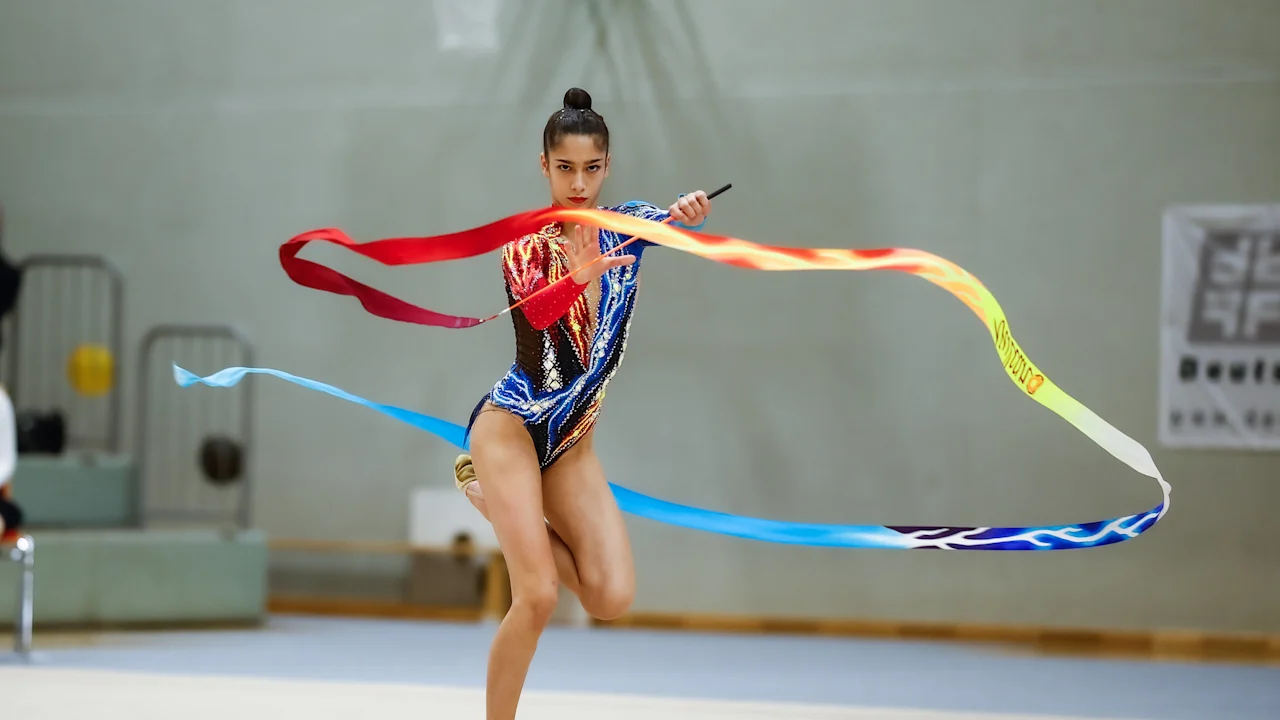Copyright © 2024 - Gearlabblog.com

As an elite rhythmic gymnast who competed in the Rio 2016 and Tokyo 2020 Olympic Games, I believed I had mastered all the habits needed for a healthy life: proper nutrition, regular exercise, emotional regulation, and body care. However, upon retiring at age 22, I found myself struggling with basic fitness and recognizing my hunger cues. Despite having access to top-notch mental health resources and physical therapists, I was baffled by these challenges. It became clear that being an elite athlete didn’t equate to understanding true health.
Experts emphasize that true health encompasses physical, mental, and emotional balance. Katie Spada, a former college synchronized swimmer turned registered dietician and nutritionist, explains that extreme fitness can sometimes mask underlying health issues. For example, athletes might appear healthy with low body fat and strong cardiovascular systems but can suffer from issues like underfueling, which can impact reproductive health and fertility in female athletes.
When I retired, I struggled to understand why my rigorous habits didn’t translate into post-athletic life. Alexi Pappas, a 2016 Rio Olympian and mental health advocate, notes that transitioning from competitive sports to regular life is complex. Athletes often have perfectionist tendencies, which can lead to guilt and unhealthy behaviors if not managed properly. Exercise for enjoyment, rather than for competition, is a concept many athletes need to relearn.
Athletes must incorporate social and emotional balance into their lives. Spada highlights that chronic stress can lead to serious health issues like cardiovascular disease and autoimmune disorders. It’s crucial for athletes to address both physical and mental health to achieve overall well-being. Jessica Parratto, a 12-time USA Diving National Champion, emphasizes the need for activities that make her feel human and normal, such as eating junk food or spending time with friends.
Dr. Roberta Kraus, president of the Center for Sports Psychology, believes that mental health coaching should be a standard part of an athlete’s training. She notes that the intense focus required for Olympic success can be detrimental after retirement. Athletes need support to redirect their focus and adapt to new life challenges.
Many athletes have problematic relationships with food. Spada, who has worked with over 100 former athletes, stresses that being fearful of food is unhealthy. Proper nutrition education can prevent misconceptions and help athletes understand the role of food in their overall health. Weight cycling, common among athletes, can also be harmful. Maintaining a consistent weight is healthier than fluctuating significantly.
Post-retirement, I had to learn to balance my fitness and health without the pressure of competition. Letting go of strict health goals and embracing moderation has made me healthier and happier. As Pappas describes, health is about harmony and flow, not perfection. By focusing on flexible and sustainable health goals, I’ve found a new understanding of what it means to be truly healthy.